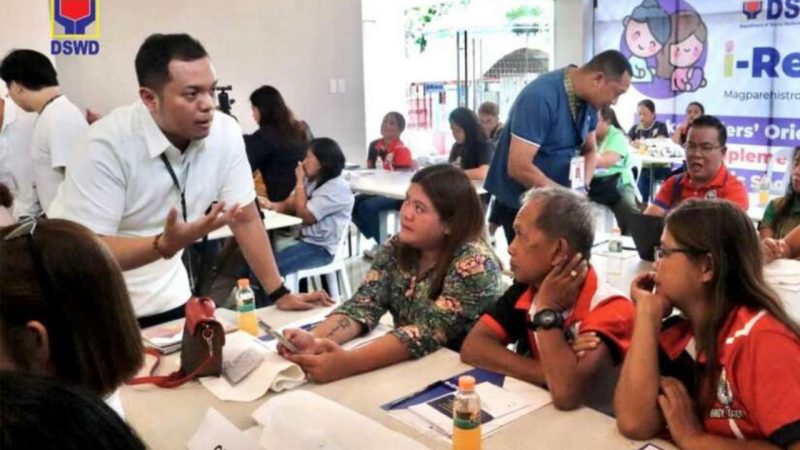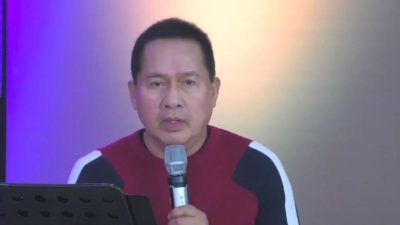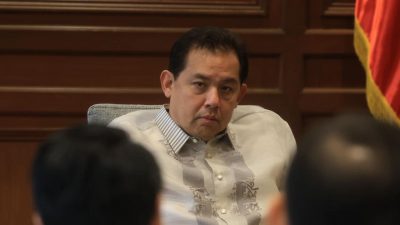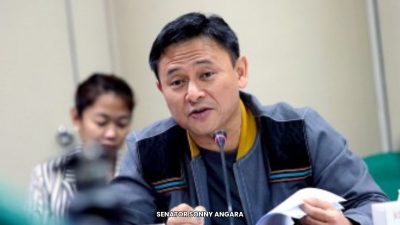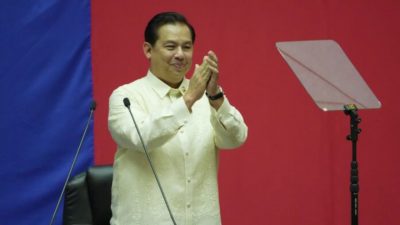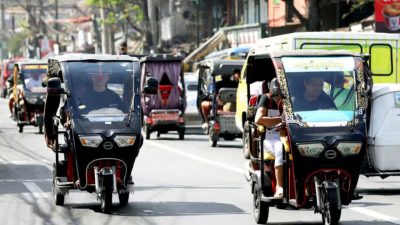By Junex Doronio
MANILA — The Department of Social Welfare and Development (DSWD) is set to launch ‘i-Registro’, a dynamic social registry (DSR) that offers self-service registration and data authentication for potential beneficiaries.
This initiative is part of the agency’s ongoing efforts to enhance the delivery of social protection programs.
“The i-Registro aims to improve the exchange of updated demographic and migration data, which is crucial for targeting and supporting vulnerable households,” said DSWD National Household Targeting Office (NHTO) Director Jimmy Francis Schuck II on Wednesday, July 2.
Schuck explained that i-Registro is part of the agency’s digital transformation efforts, designed to streamline the provision of social protection services.
During the initial phase, the system will focus on self-service registration and information authentication for pregnant and lactating mothers (PLMs) from the municipality of Pateros in Metro Manila, Cordova in Cebu, and Floridablanca in Pampanga. These areas have been identified as pilot sites for the project.
In preparation for the pilot launch, the NHTO conducted a series of stakeholders’ orientation activities on June 24, 25, and 27 with staff and officials from the three local government units (LGUs) and their respective barangay local government units (BLGUs).
“The staff of the NHTO and its regional counterparts in the DSWD Field Offices also participated in the orientation,” Schuck added.
He emphasized the importance of this activity and the collaborative approach to ensure seamless integration and understanding among local stakeholders.
“These LGU orientation activities are part of our ongoing efforts to prepare the LGUs for the pilot testing of i-Registro. They aim to present the plans and strategies for the pilot testing and to gather feedback and support from the LGUs and BLGUs,” Schuck pointed out.
The i-Registro initiative aligns with the national government’s efforts to simplify access to and improve the efficiency of social welfare programs.
“By leveraging technology and real-time data exchange, the DSWD aims to elevate the well-being of disadvantaged Filipinos and ensure equitable access to essential services,” Schuck concluded.
(el Amigo/mnm)

